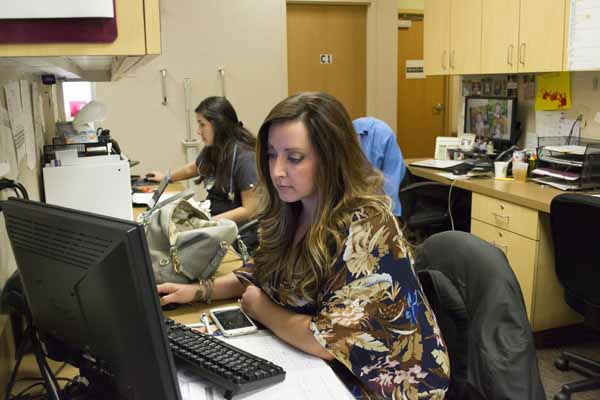
Starting June 1, prepare for a change to the United Healthcare (UHC) Laboratory Services Policy regarding who can report duplicate laboratory services.
The current policy allows either health care professionals, including the referring physician, or reference laboratories to report laboratory services.
Pharmacy Update: Notice of Changes to Prior Authorization Requirements and
For dates of service on or after June 1, only reference labs reporting laboratory services appended with modifier 90 (reference [outside] laboratory) will be eligible for payment. UHC says this change aligns with Centers for Medicare & Medicaid Services guidelines.
UHC will continue to pay physicians who own lab equipment and perform lab testing, as modifier 90 would not be appended to the procedure code for the lab service.
UHC adds new opioid notification
UHC says an additional safety edit to its concurrent drug utilization review (cDUR) program will help curb opioid-use disorder.
The edit — which took effect March 1 for the UHC Community Plan and commercial plans — will alert pharmacists at the point of sale if a patient has prescriptions for both an opioid and a benzodiazepine. The pharmacist can then contact the prescriber or patient to determine if the patient should receive both prescriptions.
The cDUR program already notifies pharmacists about potential interactions between opioids and drugs used to treat opioid-use disorder; inappropriate doses of acetaminophen prescribed with opioids; and duplicate therapies using short-acting and long-acting opioids.
See this quick reference guide (not yet updated with the latest edits) to the cDUR and other utilization programs that are designed to curb the opioid epidemic.
An additional, unrelated cDUR edit will identify potential duplications in sleep aid and basal insulin prescriptions.
First quarter new and revised policies
UHC’s new drug policy for Luxturna™ (Voretigene Neparvovec-Rzyl) took effect Jan 19, and an update of the utilization review guideline Office Based Program took effect April 1. In addition, UHC revised/updated the following medical policies:
Effective April 1:
- Balloon Sinus Ostial Dilation;
- Functional Endoscopic Sinus Surgery (FESS); and
- Molecular Oncology Testing for Cancer Diagnosis, Prognosis, and Treatment Decisions.
Effective March 1:
- Electrical Stimulation for the Treatment of Pain and Muscle Rehabilitation;
- Glaucoma Surgical Treatments;
- Outpatient Cardiac Telemetry;
- Sodium Hyaluronate;
- Surgical and Ablative Procedures for Venous Insufficiency and Varicose Veins;
- Transcranial Magnetic Stimulation; and
- Whole Exome and Whole Genome Sequencing.
Effective Feb. 1:
- Epidural Steroid and Facet Injections for Spinal Pain;
- Fecal Calprotectin Testing;
- Home Hemodialysis; and
- Molecular Oncology Testing for Cancer Diagnosis, Prognosis, and Treatment Decisions.
(Source: UnitedHealthcare’s Network Bulletin, March 2018)
The Texas Medical Association’s payment specialists continuously review health care payment plans’ newsletters and updates for items important to Texas physicians. Texas Medicine Today periodically publishes key excerpts from those newsletters that you might have missed.
If you have questions about billing and coding or payer policies, contact the specialists at paymentadvocacy[at]texmed[dot]org for help, or call the TMA Knowledge Center at (800) 880-7955. TMA members can use the TMA Hassle Factor Log to help resolve insurance-related problems. Visit www.texmed.org/GetPaid for more resources and information.